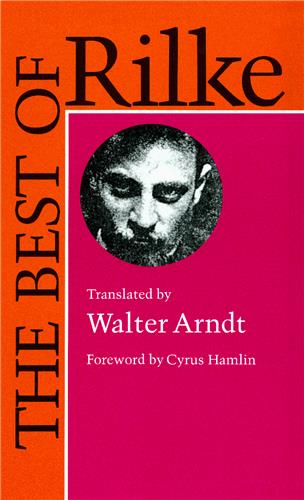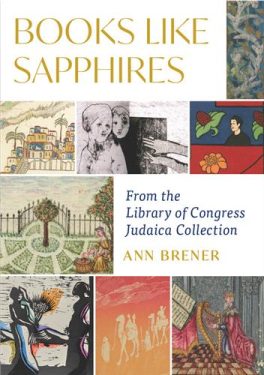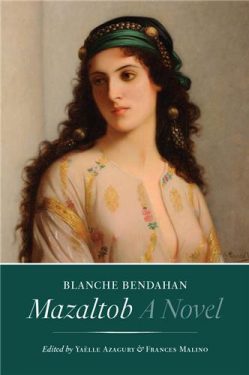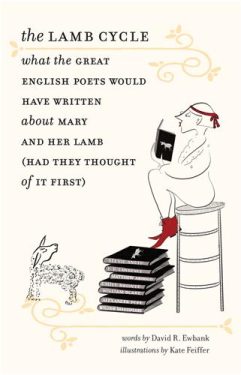I was never a devotee of Rilke’s, but reading Walter Arndt’s translation has made a convert of me. His renderings are an ideal introduction to Rilke for a literate and lyrically receptive general readership. Frost used to say that poetry is what is lost in translation, but Arndt has made me question that simplistic statement.









